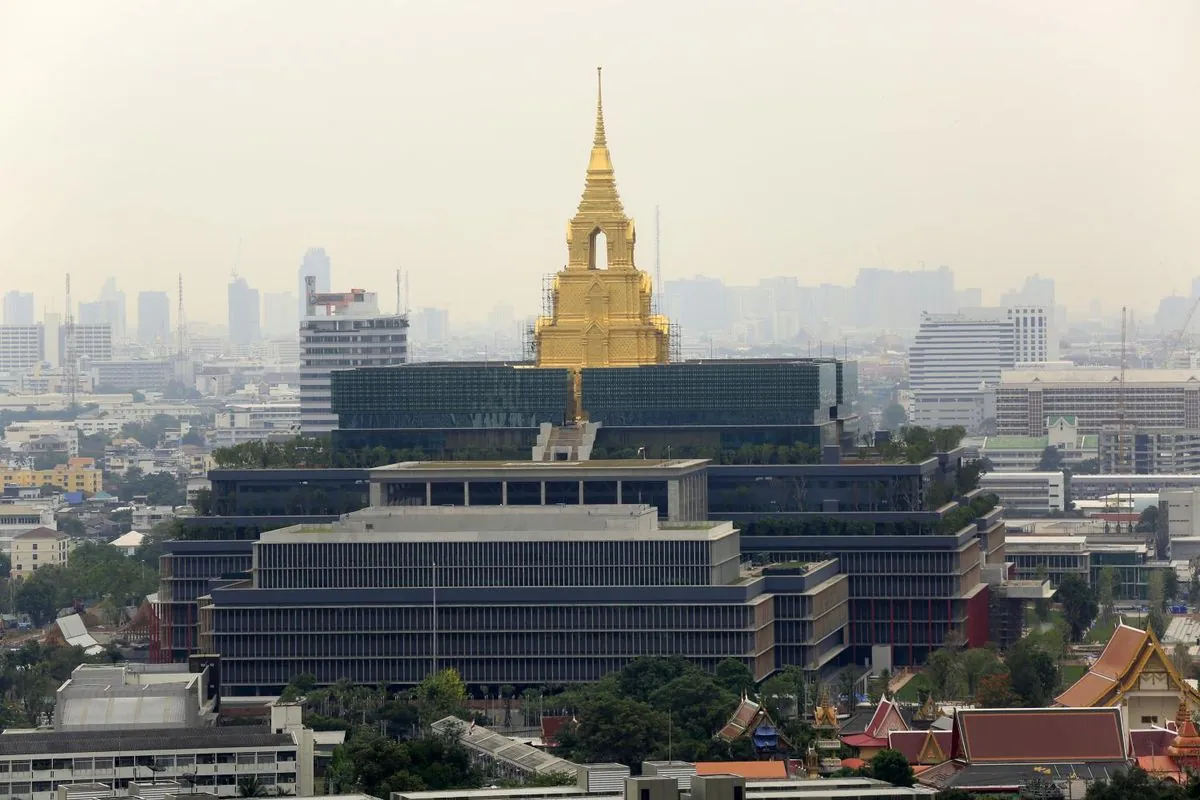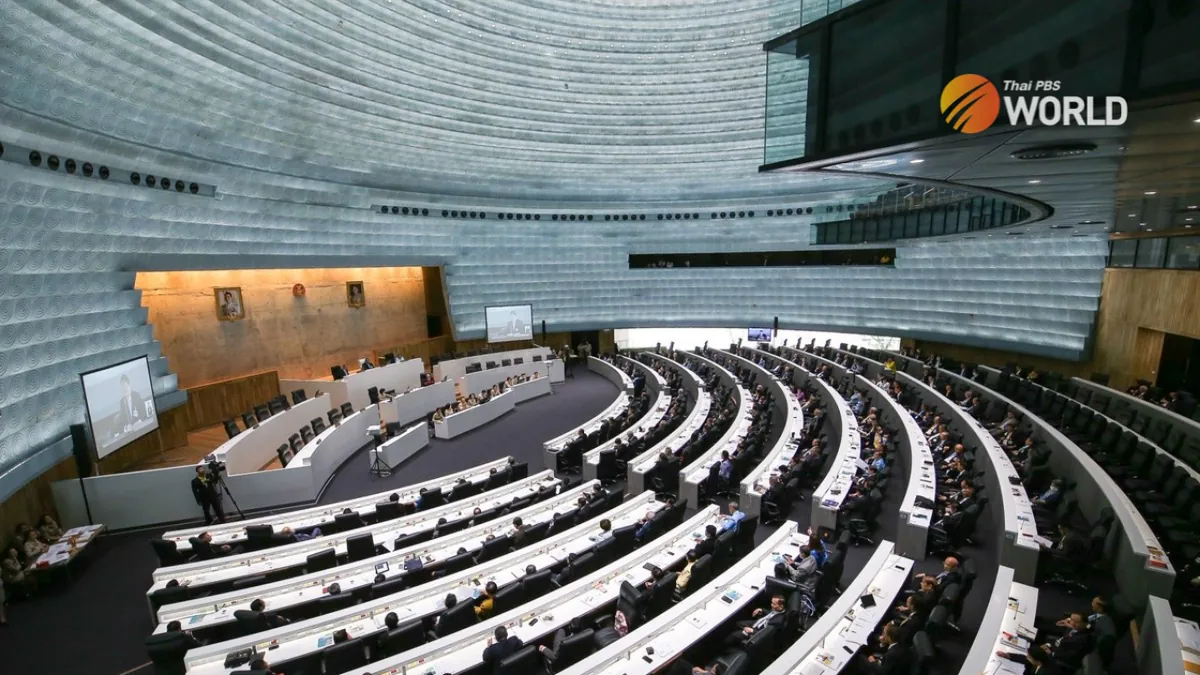Thailand's Pheu Thai Party Races to Select New PM Candidate
Thailand's Pheu Thai Party seeks a new prime minister candidate following Srettha Thavisin's dismissal. The party must choose between two contenders ahead of a crucial parliamentary vote, amid political uncertainty.

In a sudden turn of events, Thailand's political landscape has been thrown into turmoil as the Pheu Thai Party scrambles to find a replacement for dismissed Prime Minister Srettha Thavisin. The party, which has been a dominant force in Thai politics since its establishment in 2008, faces a critical decision that could shape the nation's future.
The Constitutional Court's ruling to remove Srettha Thavisin from office has left the Pheu Thai Party in a precarious position. This decision marks another chapter in Thailand's complex political history, which has seen 13 successful coups since 1932 when the country became a constitutional monarchy.
The party must now choose between two potential candidates: Chaikasem Nitisiri, a seasoned politician with experience as a former attorney-general and justice minister, and Paetongtarn Shinawatra, the 37-year-old daughter of influential political figure Thaksin Shinawatra. This choice carries significant weight, as Thailand has had 30 prime ministers since 1932, highlighting the volatility of the nation's leadership.

The upcoming parliamentary vote, scheduled for August 16, 2024, will be crucial in determining Thailand's political direction. The Thai parliament, a bicameral system consisting of the House of Representatives and the Senate, will play a pivotal role in this process. With a population of approximately 70 million people, the outcome of this vote will have far-reaching consequences for the nation.
Thaksin Shinawatra's influence looms large over the proceedings. His return from self-exile in 2023 and the subsequent rise of Srettha Thavisin to the premiership on the same day had signaled a potential détente between Thaksin and his adversaries in the conservative elite and military old guard. However, Srettha's dismissal may indicate the end of this uneasy truce.
The Pheu Thai Party's coalition, which holds 314 seats in the house, is working swiftly to maintain its advantage. The party's ability to preserve its alliance will be crucial in securing the necessary votes for their chosen candidate. To become prime minister, a candidate needs the approval of more than half of the current 493 lawmakers.
Thailand's economy, the second-largest in Southeast Asia, hangs in the balance as political uncertainty persists. The Thai baht, the country's official currency, may face volatility in the coming days as investors closely watch the unfolding political drama.
The choice between Chaikasem Nitisiri and Paetongtarn Shinawatra presents unique challenges. While Chaikasem offers experience, Paetongtarn's selection could potentially lead to a backlash similar to what her father and aunt, Yingluck Shinawatra, faced before being ousted in coups.
As Bangkok, home to over 10 million people, buzzes with political activity, the nation watches with bated breath. The outcome of this political maneuvering will not only affect Thailand's immediate future but also its long-term stability and economic prospects.
"The Pheu Thai Party's decision will be a defining moment for Thailand's political landscape. The choice between experience and new blood could set the tone for the country's governance in the coming years."
In a country with a literacy rate of over 90%, the populace is keenly aware of the stakes involved. As Thailand navigates this latest political challenge, the world watches to see how this nation, which has never been colonized by a European power, will chart its course through these turbulent waters.


































